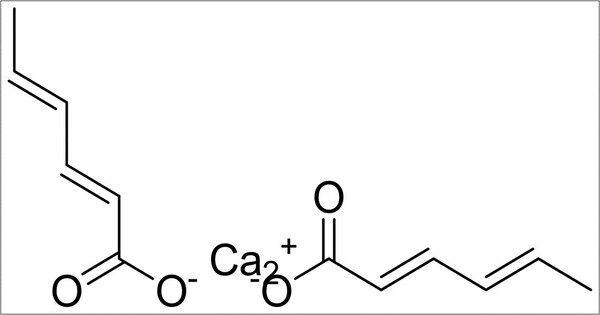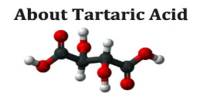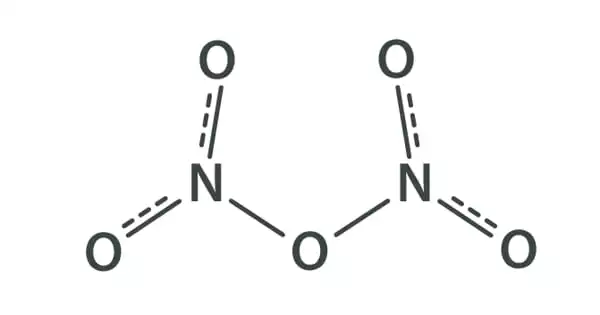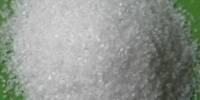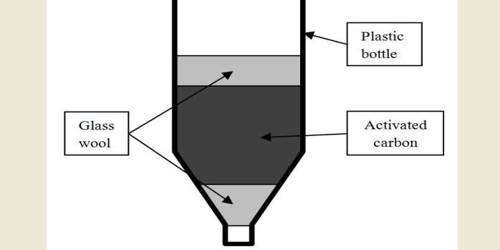Calcium sorbate is the calcium salt of sorbic acid. Calcium sorbate is a polyunsaturated fatty acid salt. It is a chemical compound used primarily as a preservative in food products. It is a commonly used food preservative; its E number is E203, but it is no longer allowed to be used in the European Union. It is the calcium salt of sorbic acid and is effective in inhibiting the growth of mold, yeast, and some bacteria. This makes it useful in various food items, such as cheeses, baked goods, and beverages, to extend shelf life and maintain quality.
In addition to its food applications, calcium sorbate is also used in cosmetics and personal care products for its antimicrobial properties. It’s generally recognized as safe (GRAS) by regulatory authorities when used within established limits. However, as with any additive, some individuals may have sensitivities or allergic reactions.
Properties
It is moderately soluble in water and can also dissolve in alcohol. It is effective at a pH range of 4 to 6, making it suitable for various food products.
- Chemical formula: C12H14CaO4
- Appearance: It typically appears as a white to off-white powder or granules.
- Molar mass: 262.318 g·mol−1
- Solubility in water: Very slightly soluble
- Solubility in other solvents: Very slightly soluble in organic solvents, fats, and oils
Occurrences
- Food Industry: Commonly found in baked goods, dairy products, beverages, and canned goods to extend shelf life.
- Cosmetics and Personal Care: Occasionally used in formulations as a preservative.
- Natural Sources: While sorbic acid itself can be found naturally in some berries, calcium sorbate is usually synthetically produced for commercial use.
Applications
- Food Preservation: Prevents spoilage and maintains freshness.
- Beverage Stabilization: Helps prevent fermentation and spoilage in juices and alcoholic drinks.
- Pharmaceuticals: May be used in certain formulations for its preservative properties.
